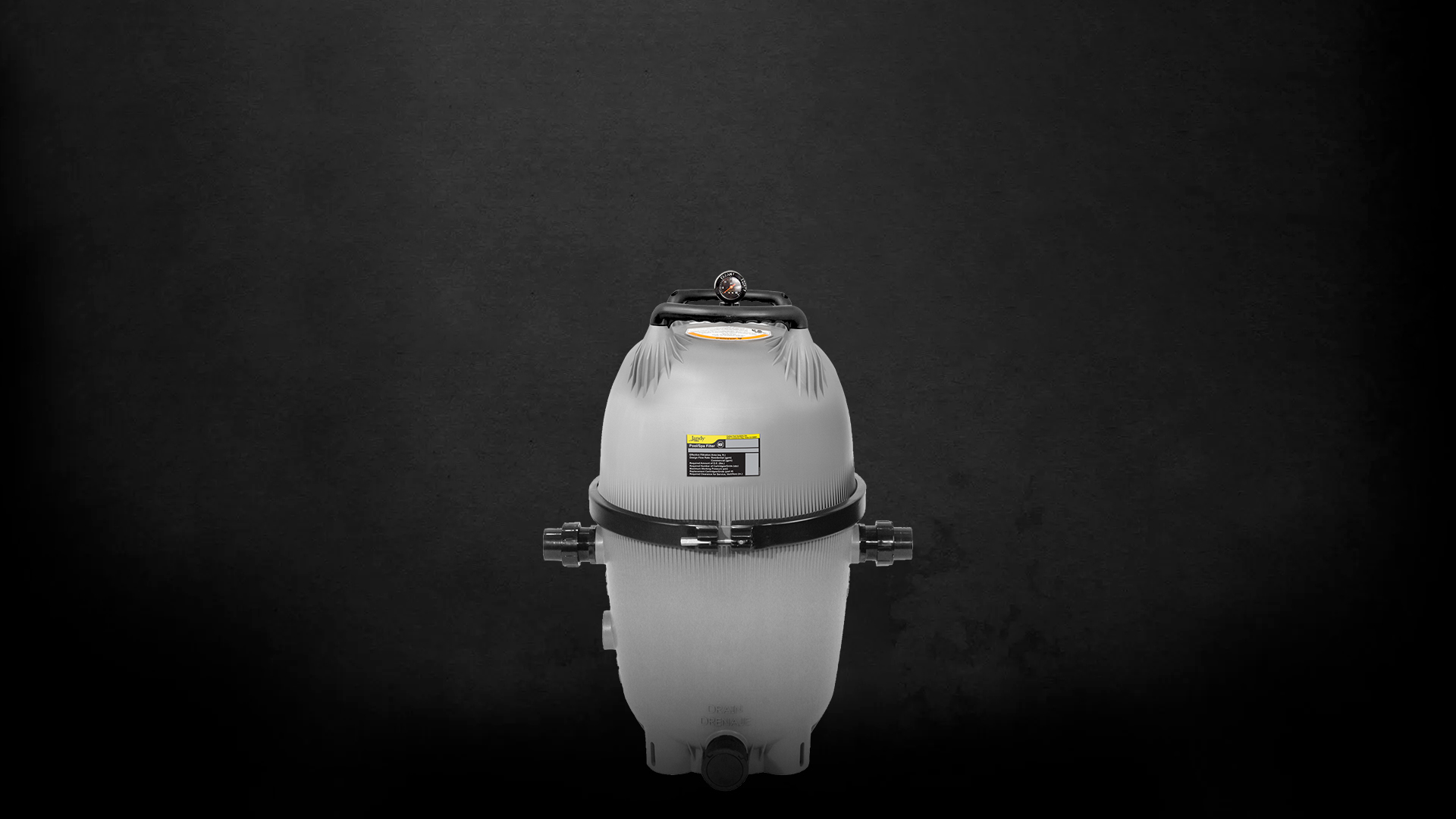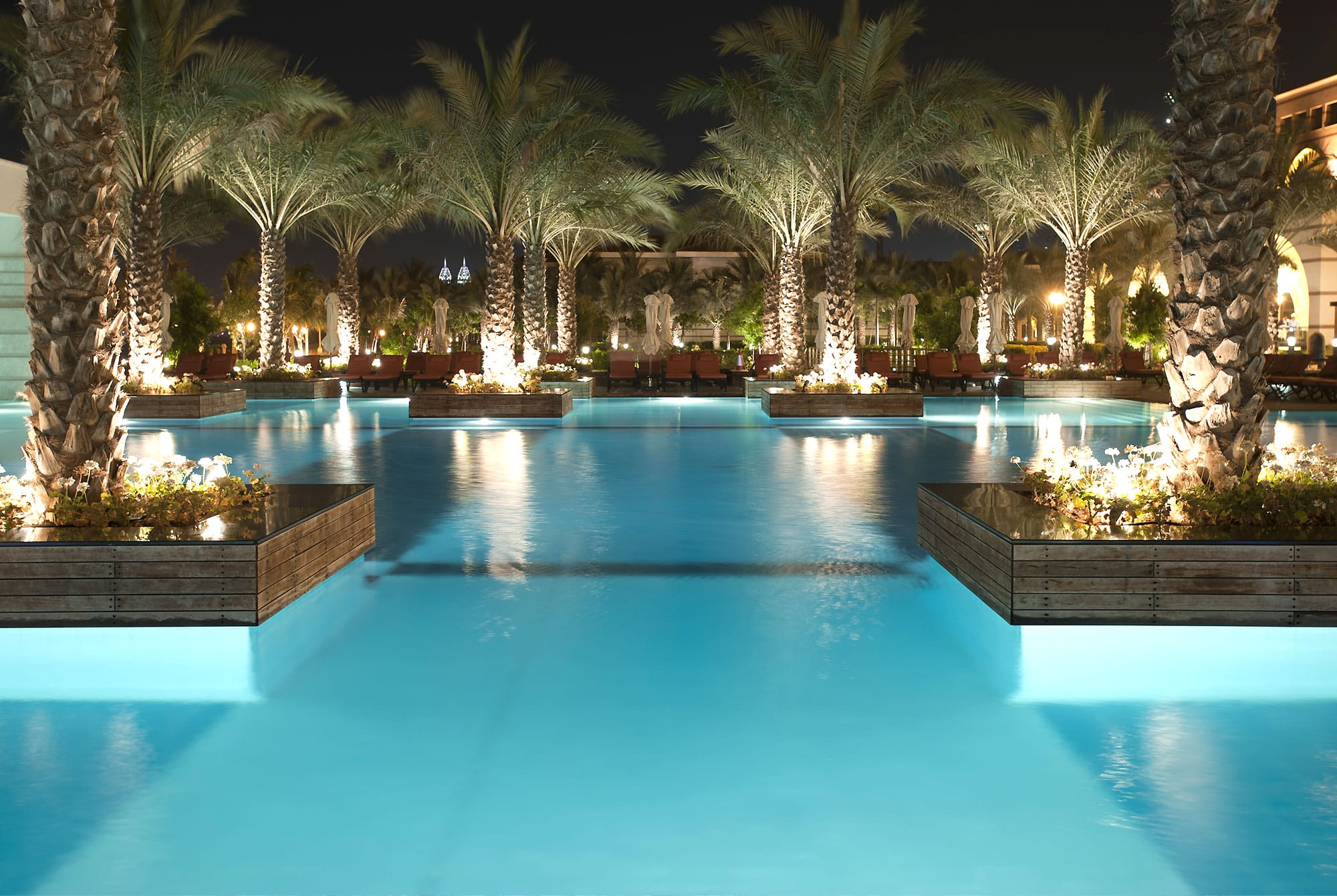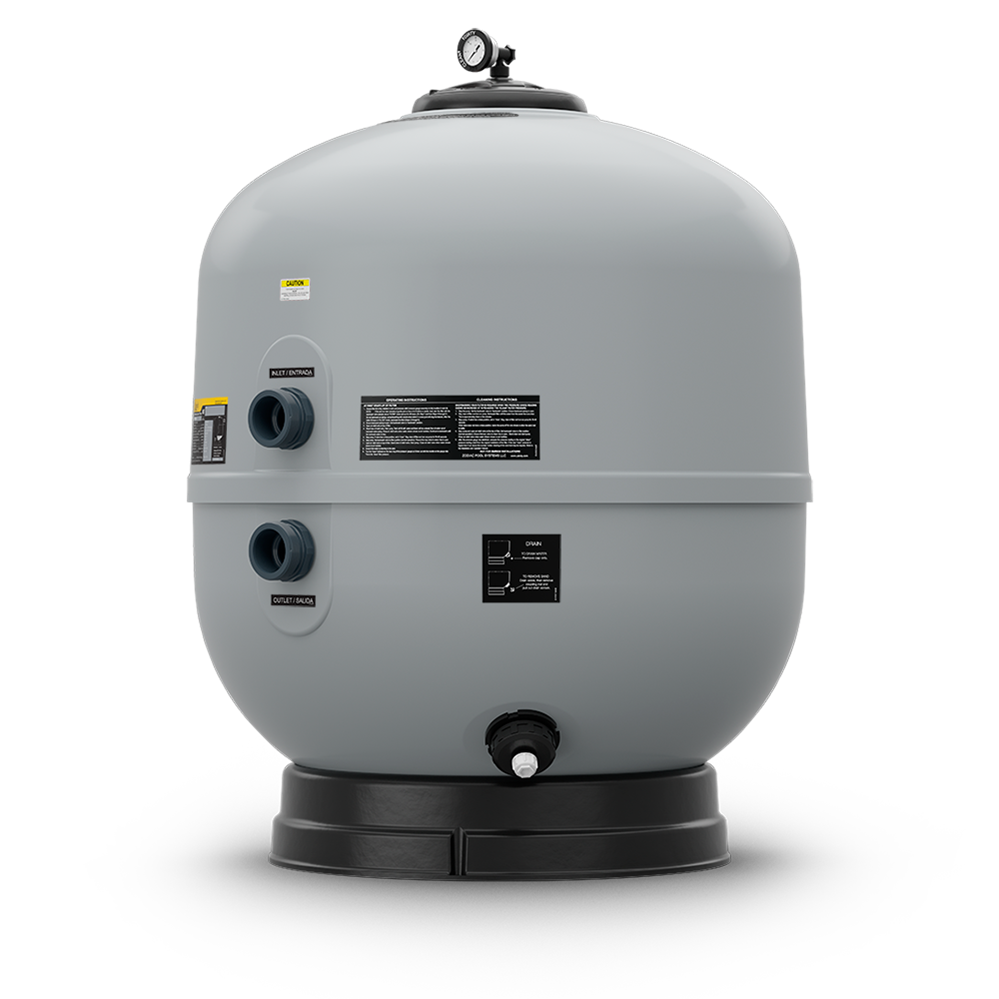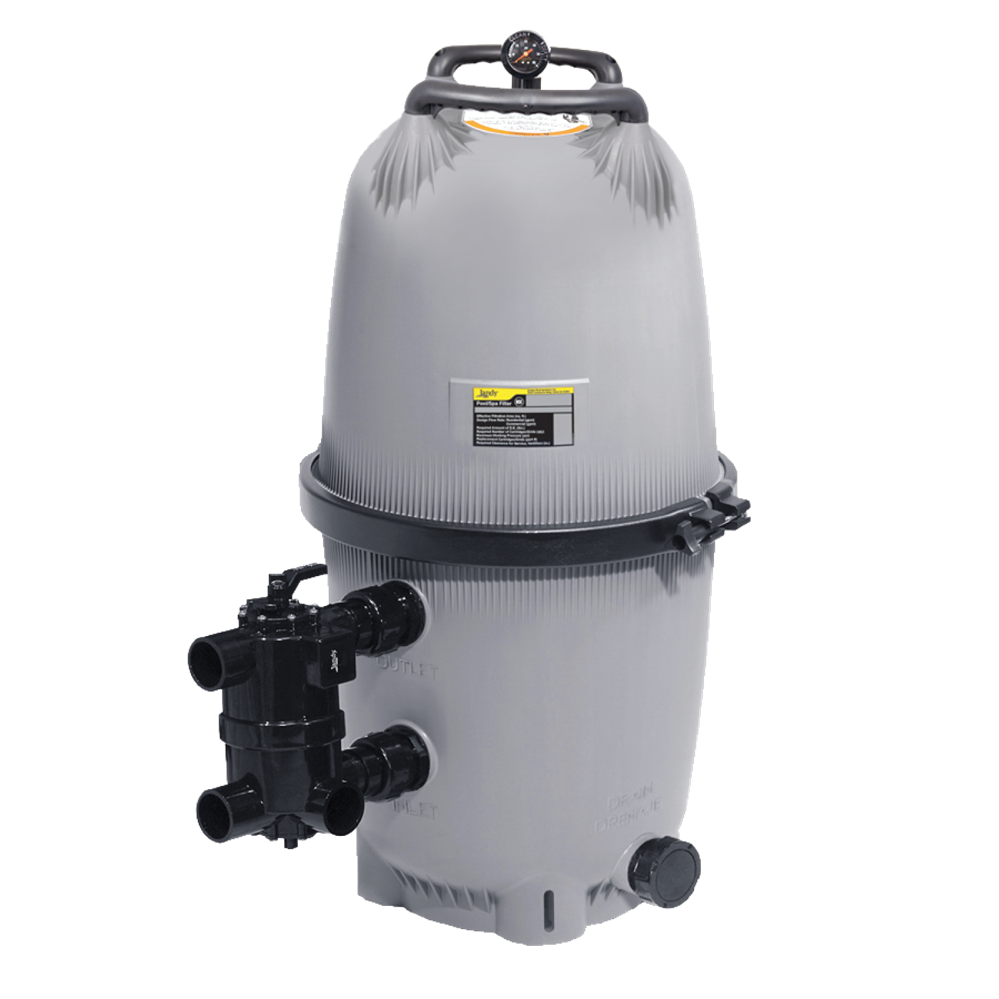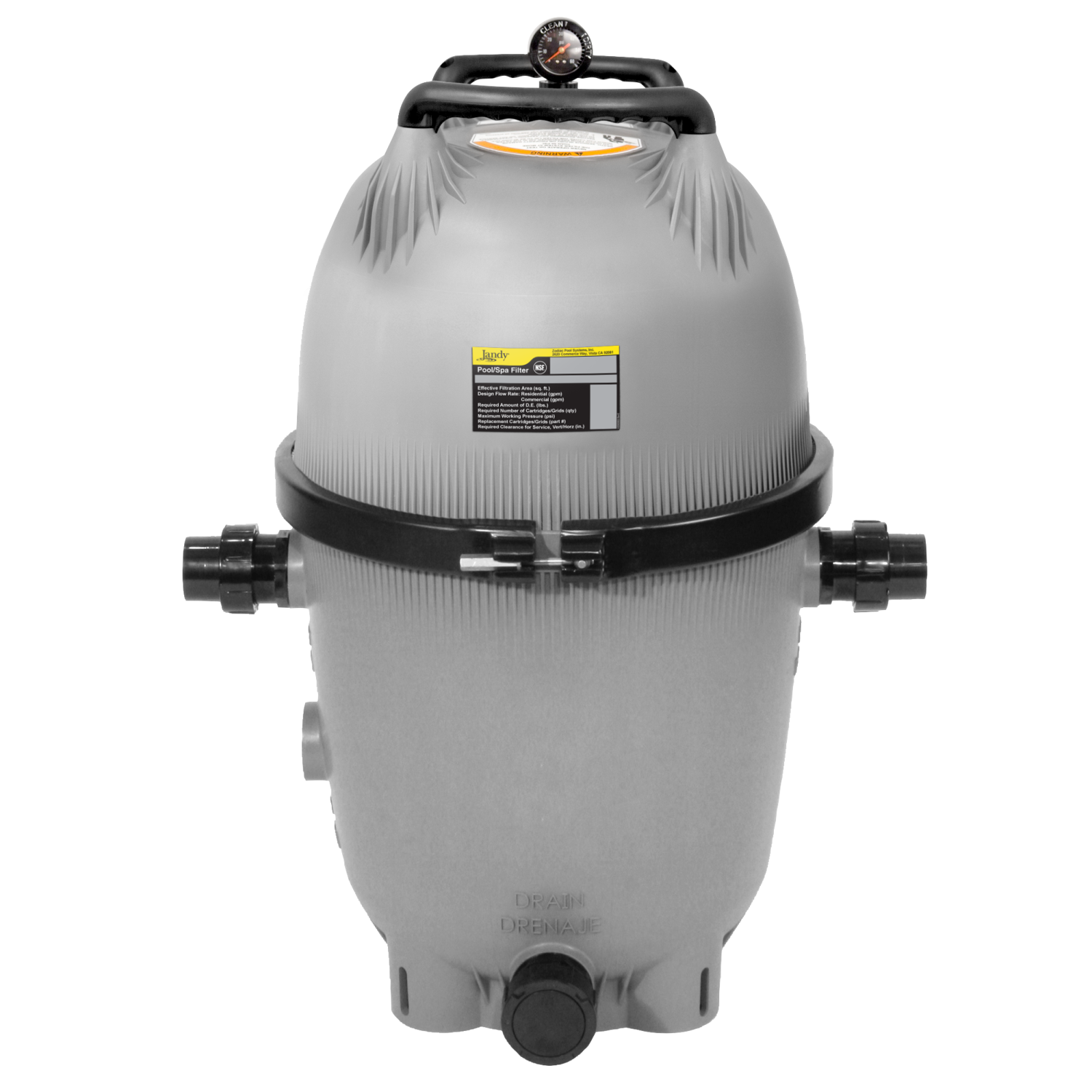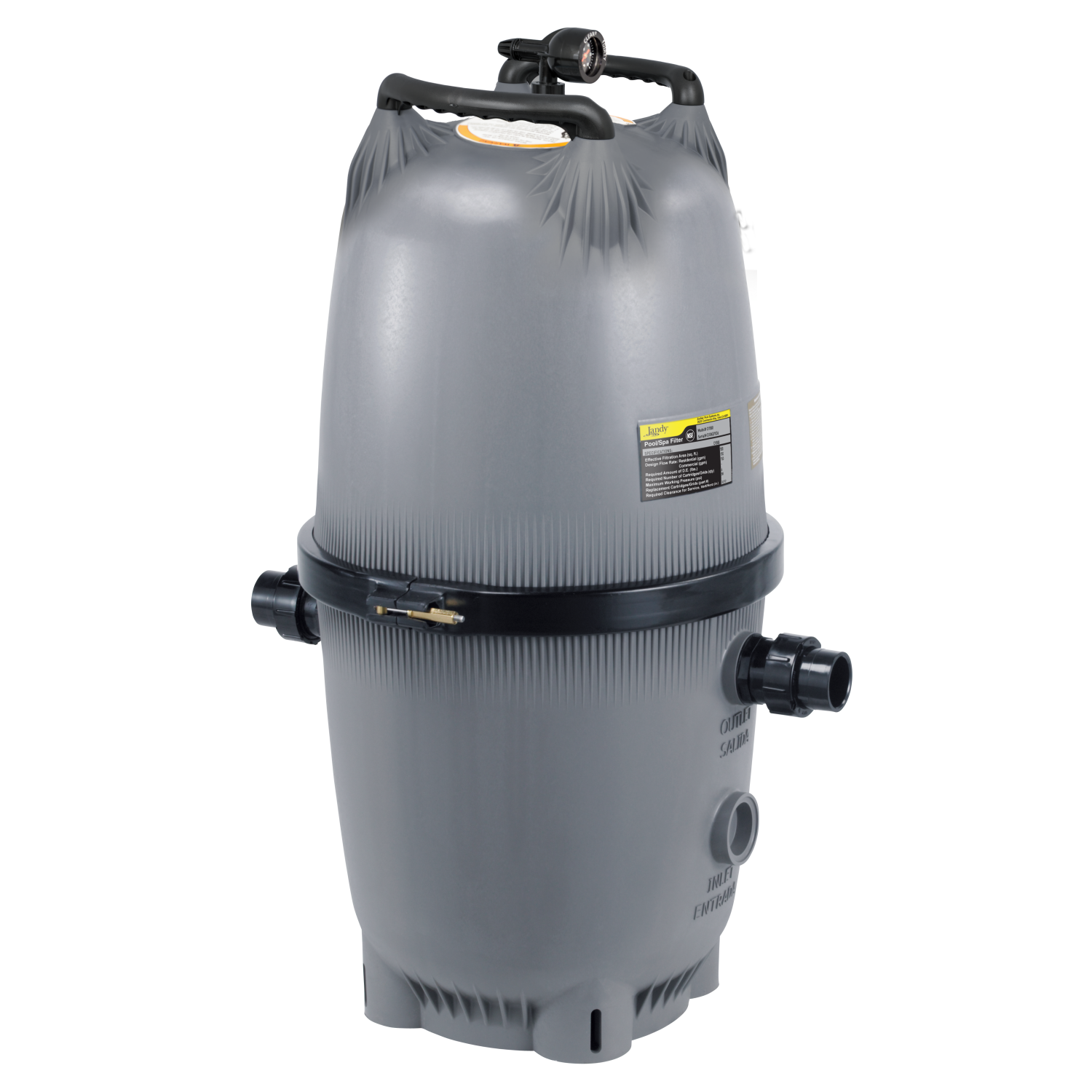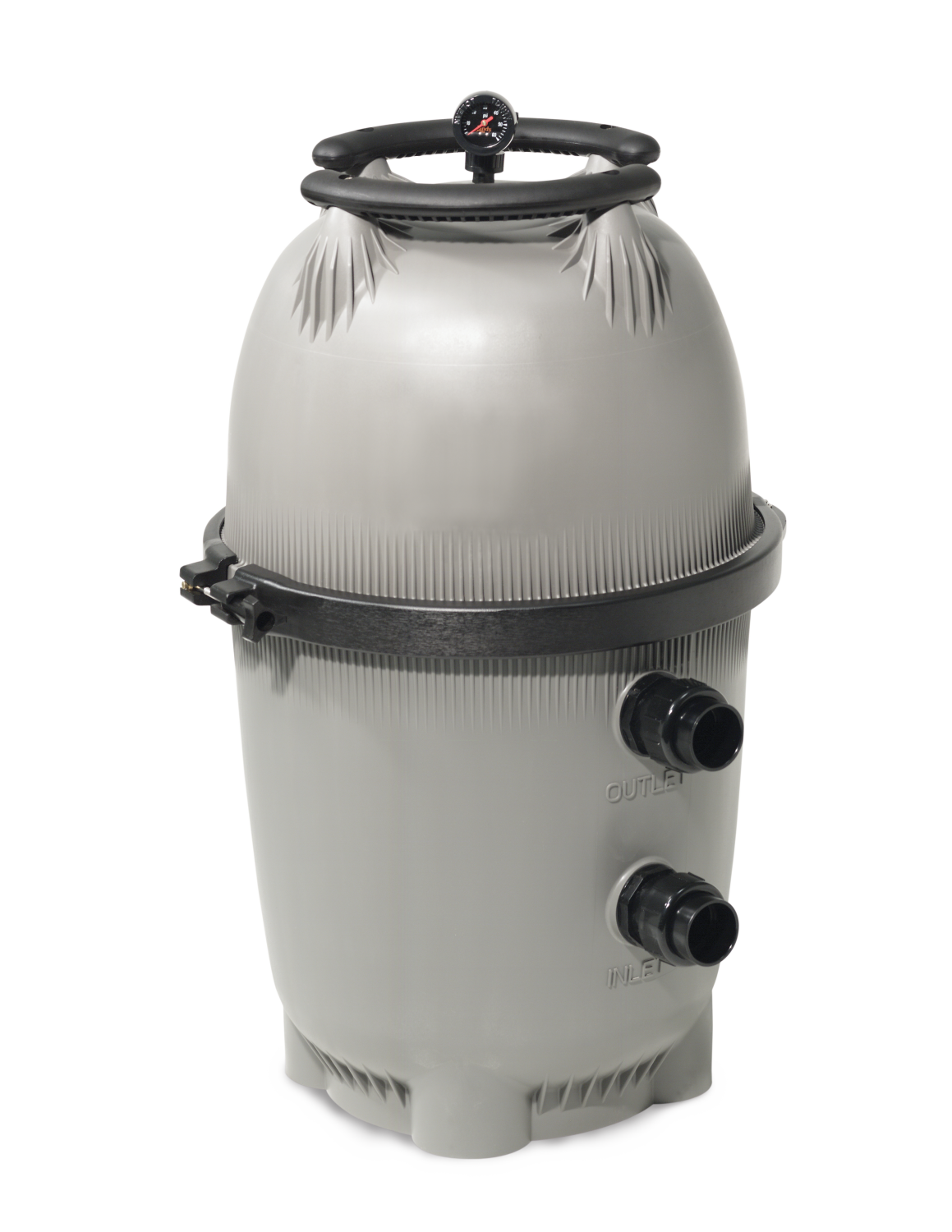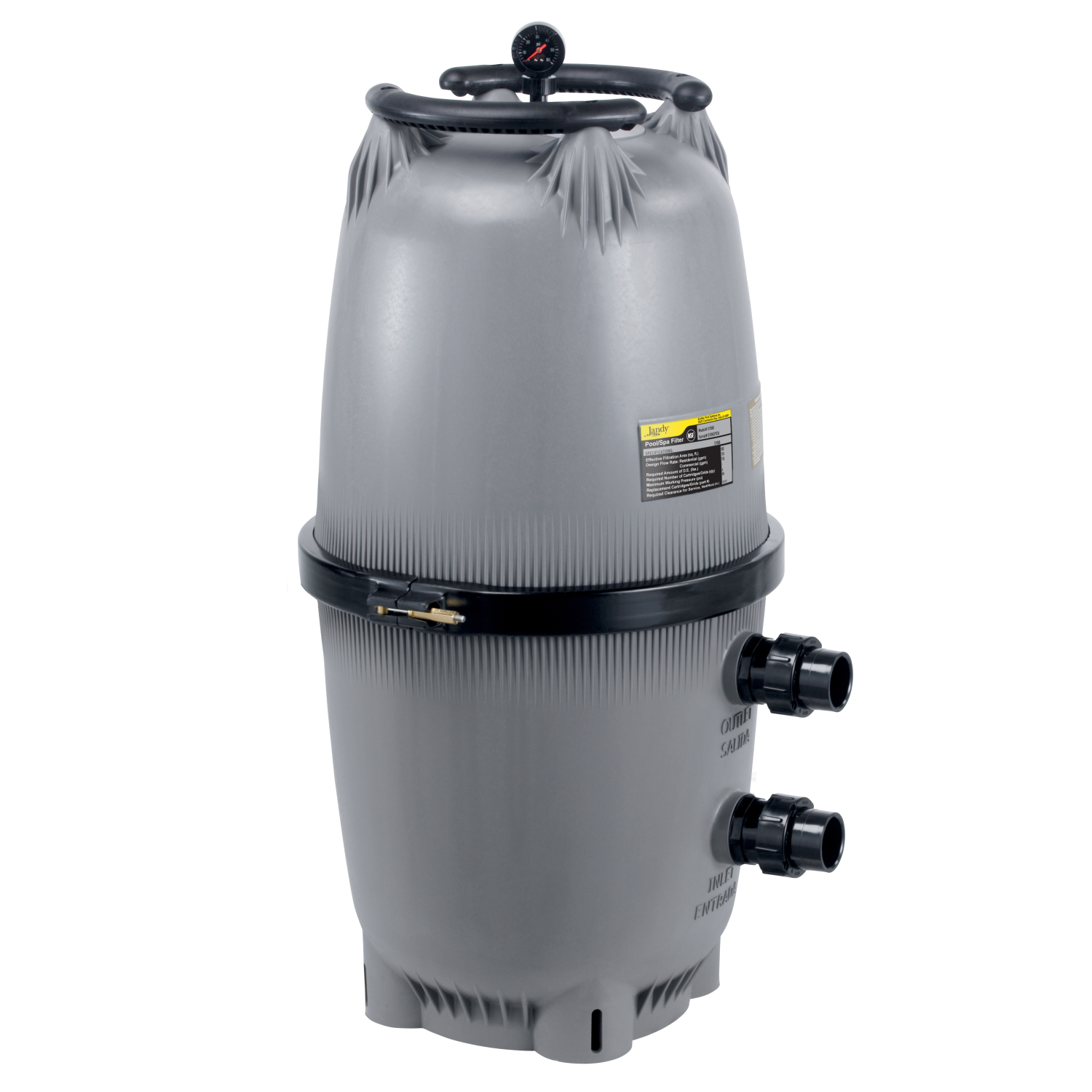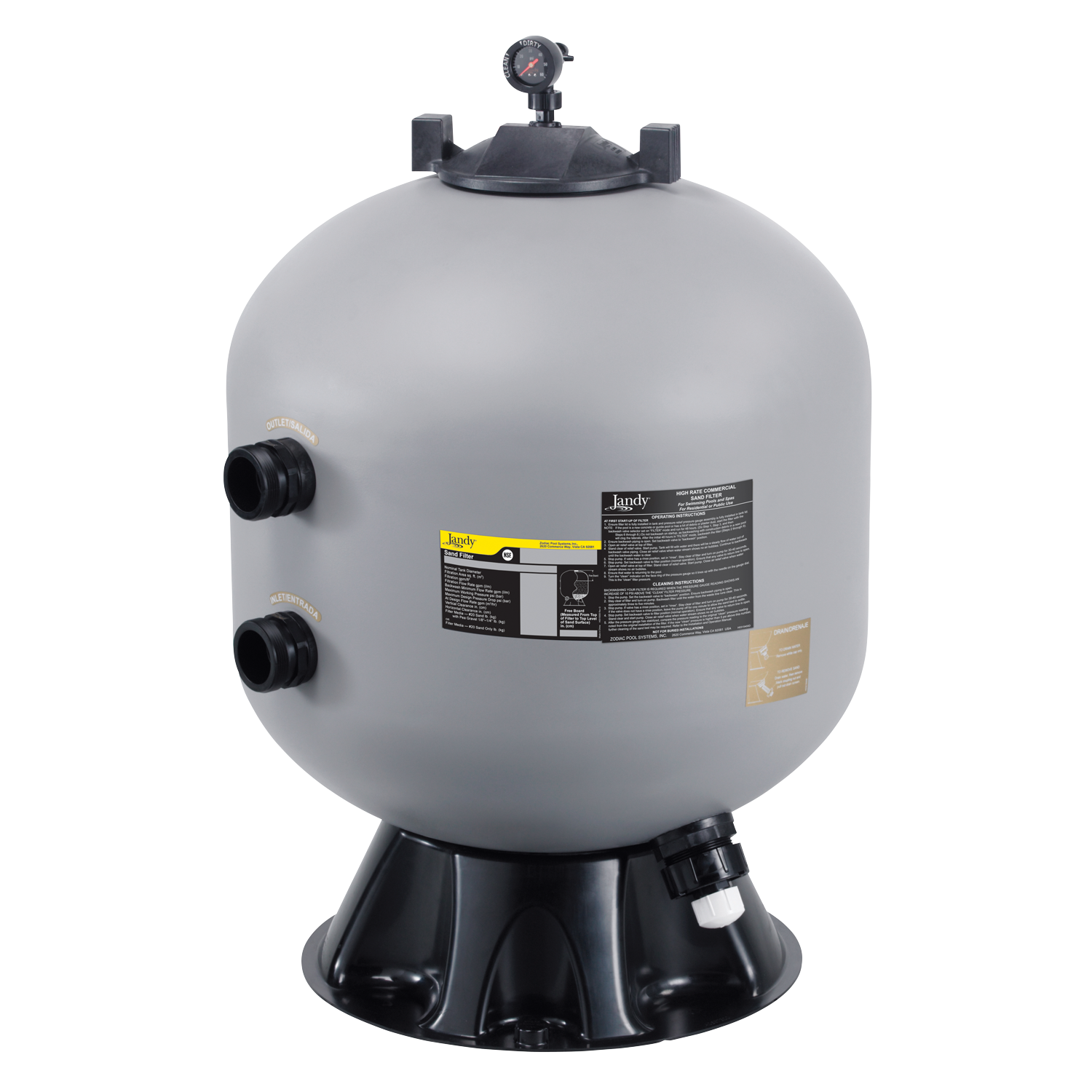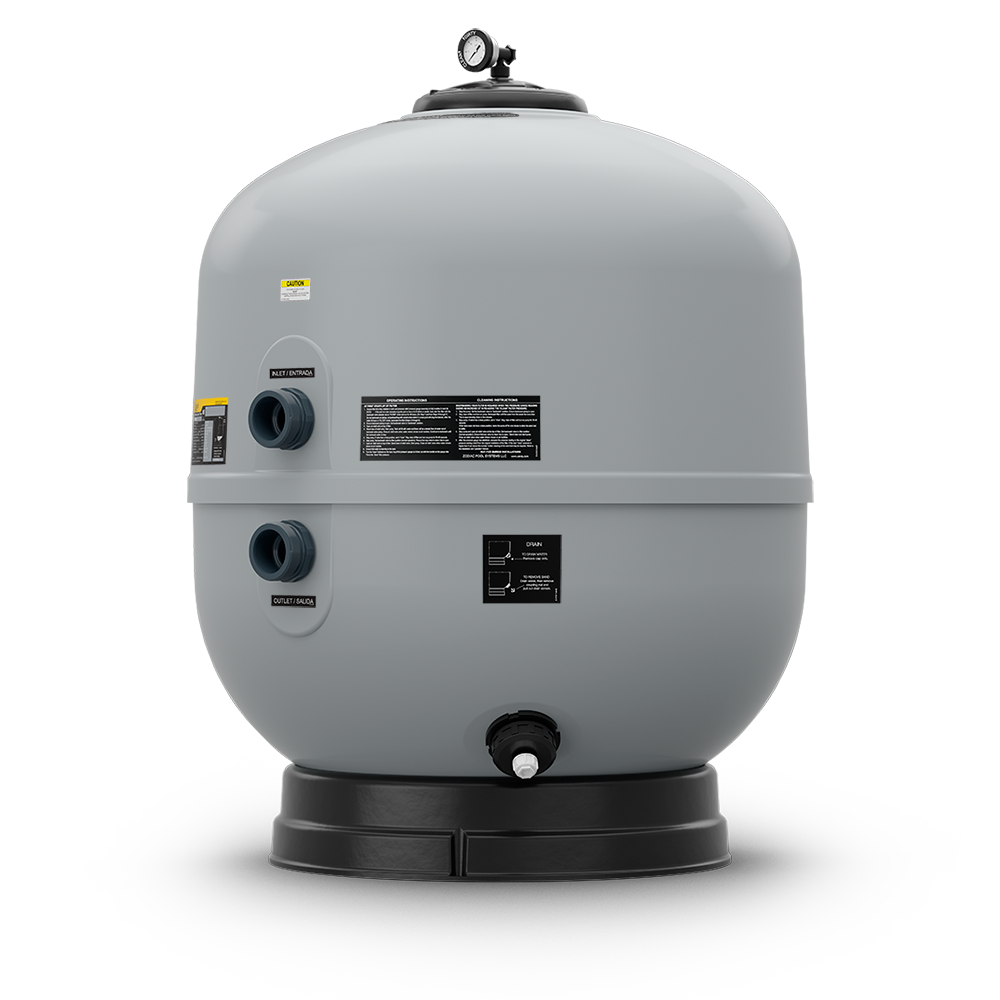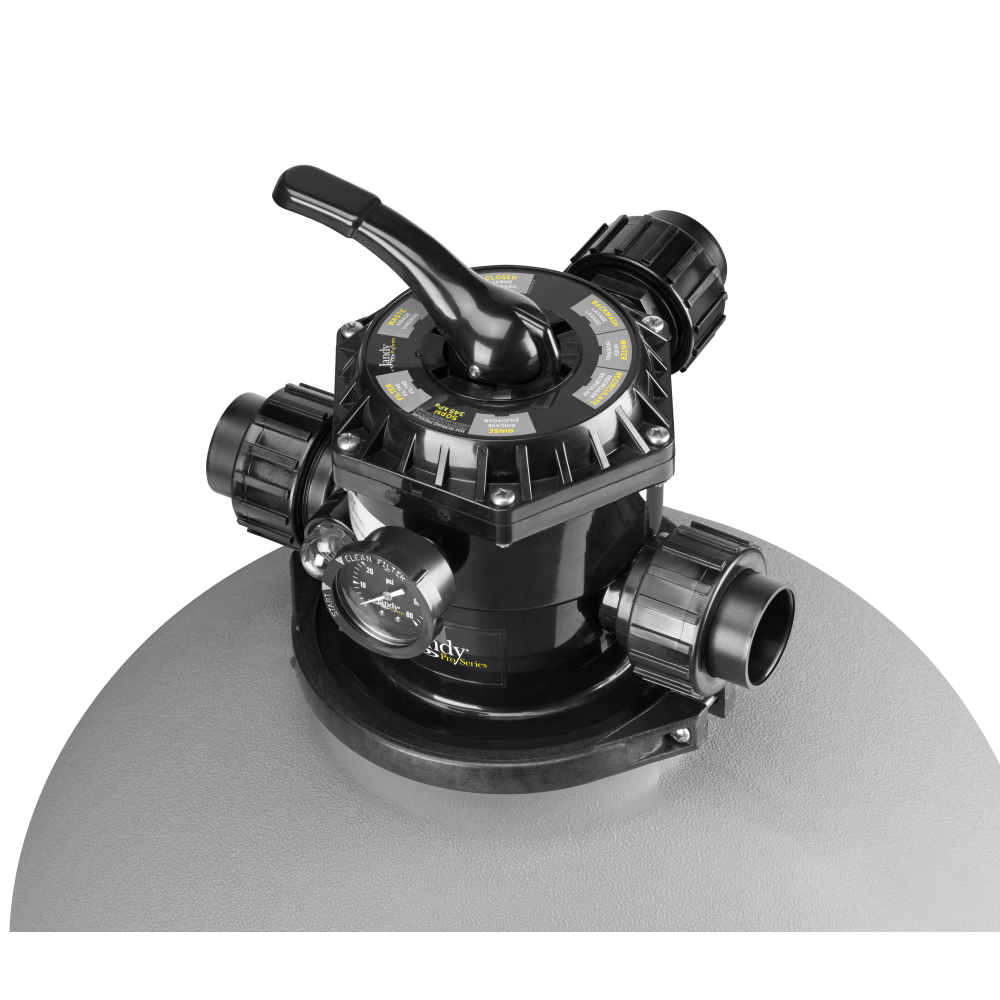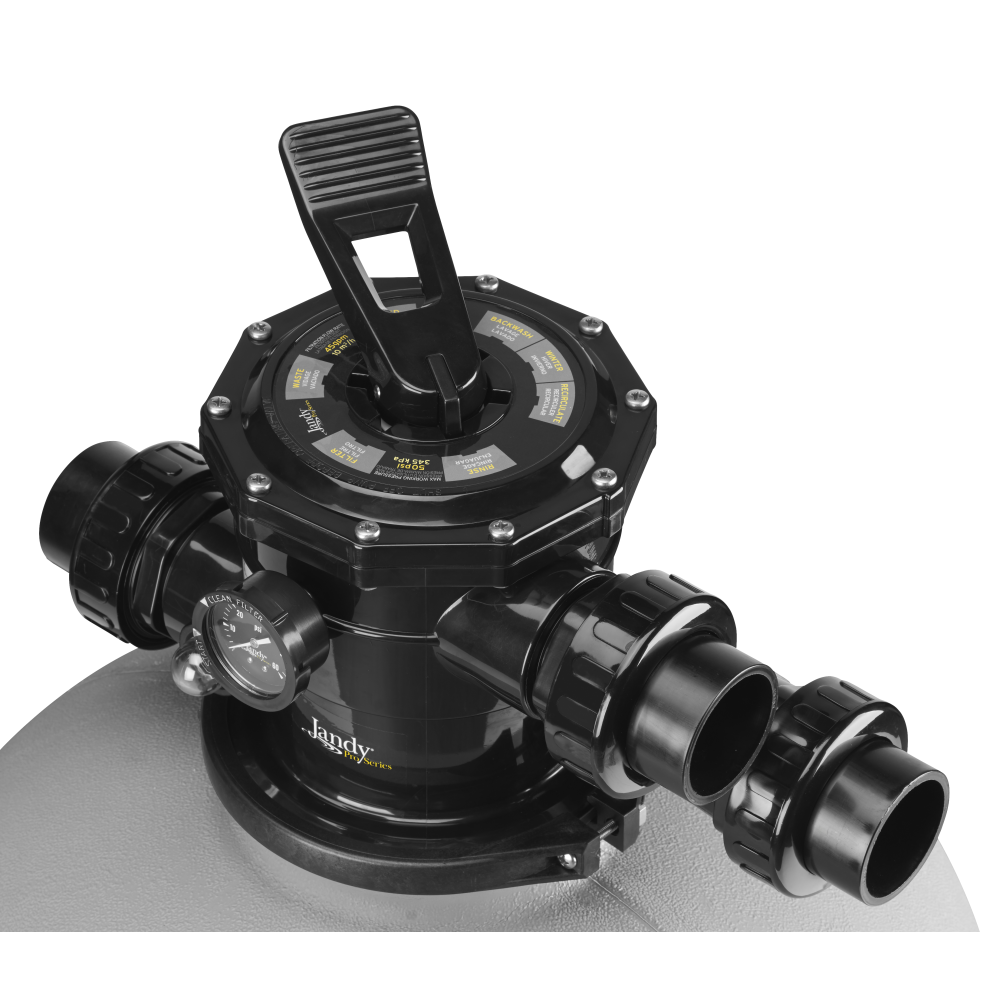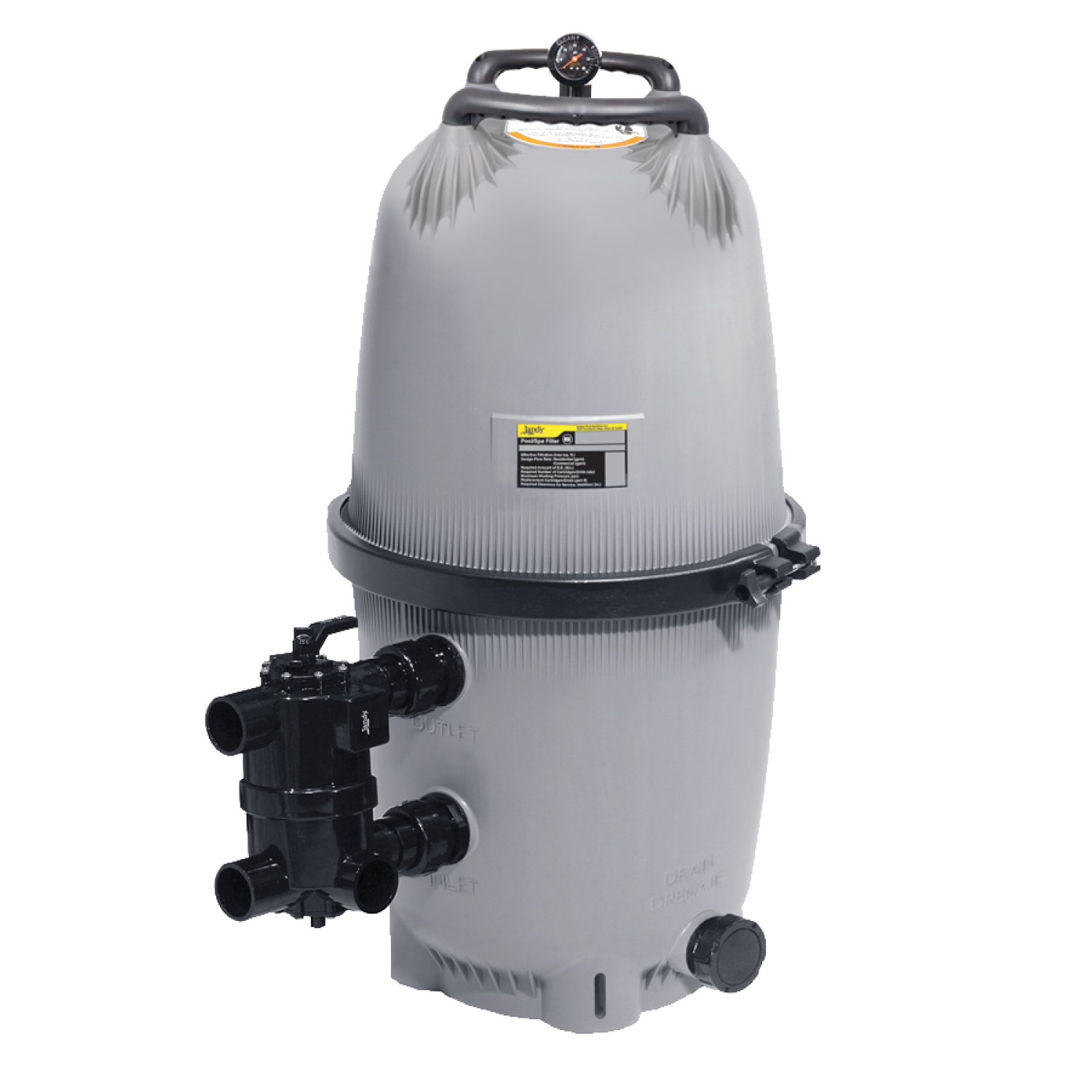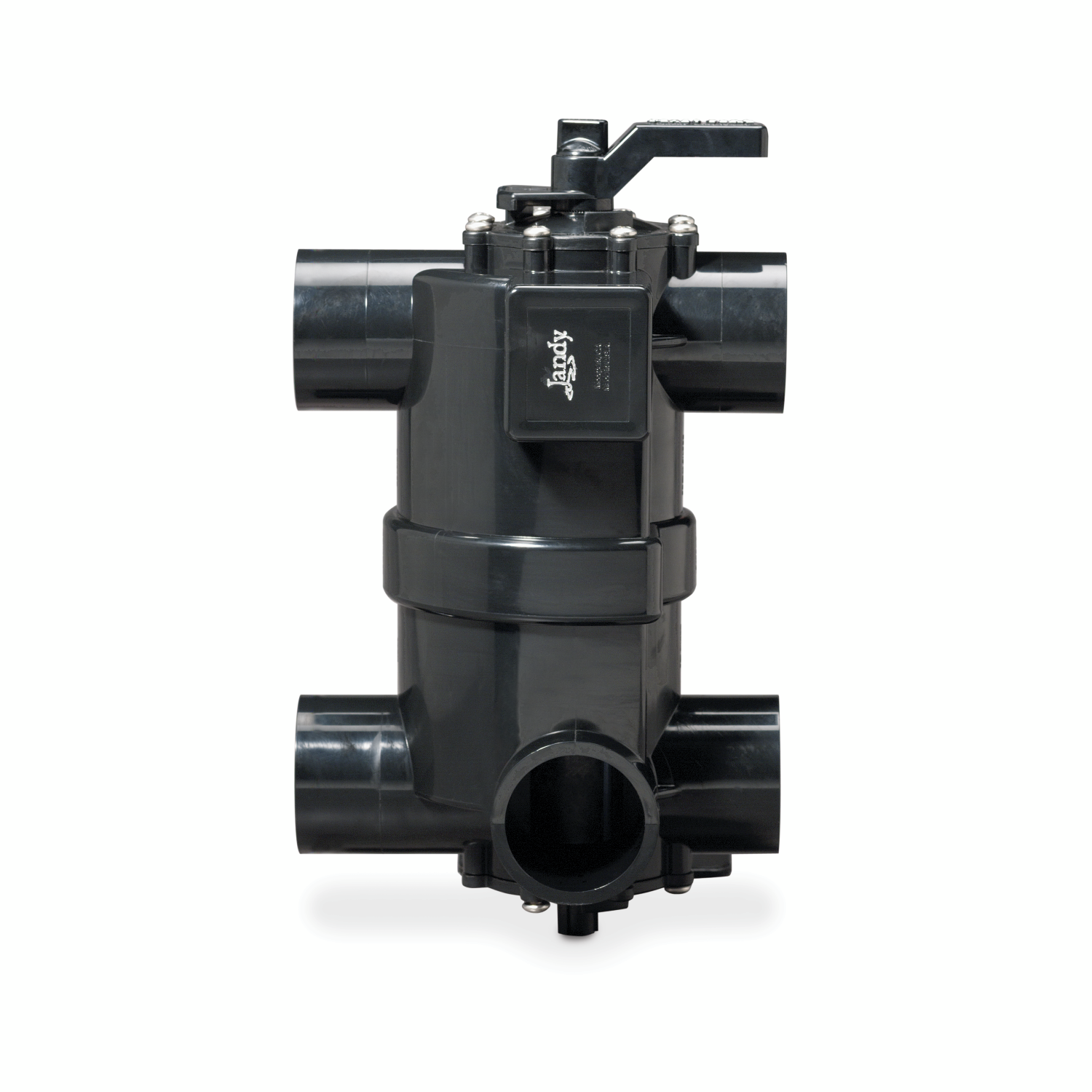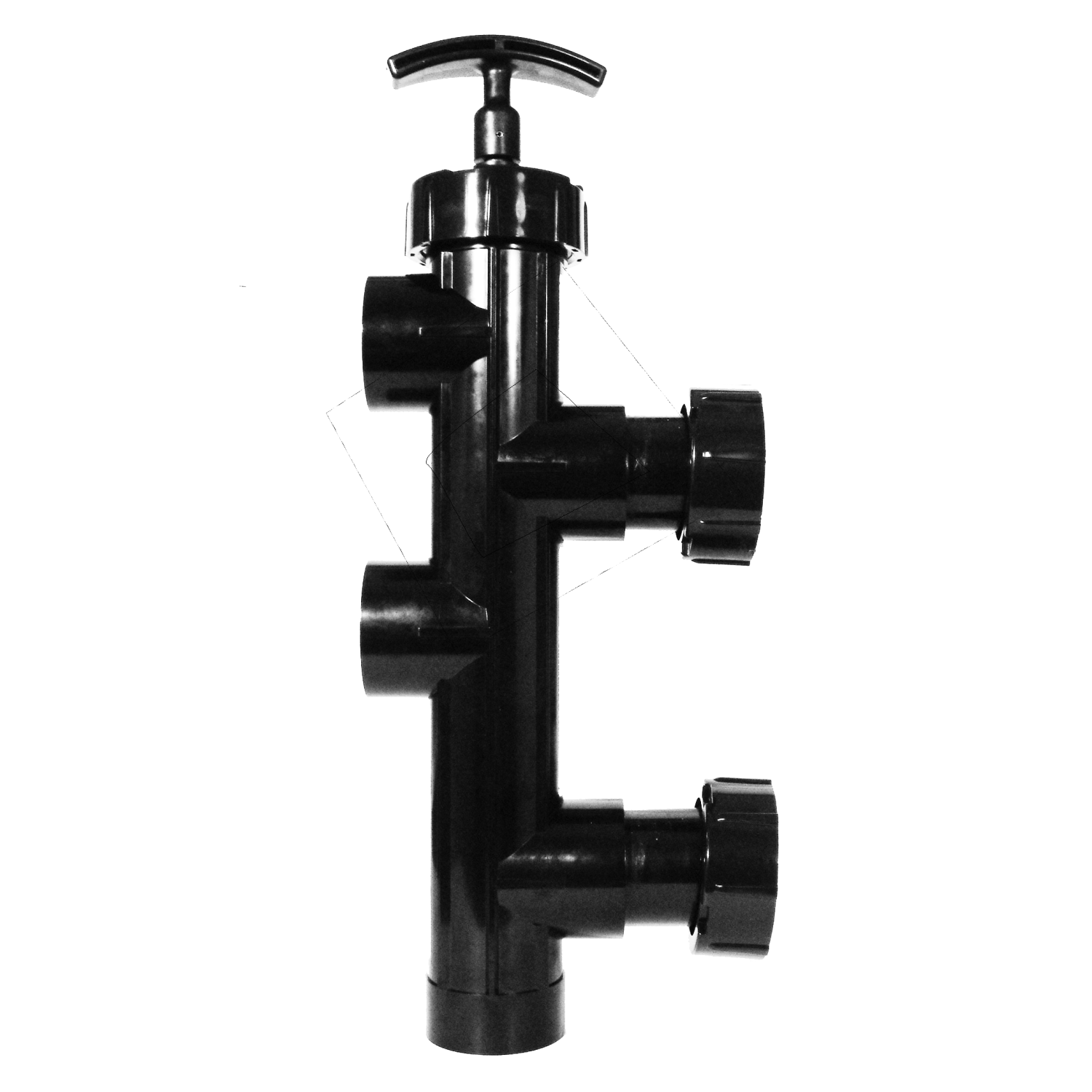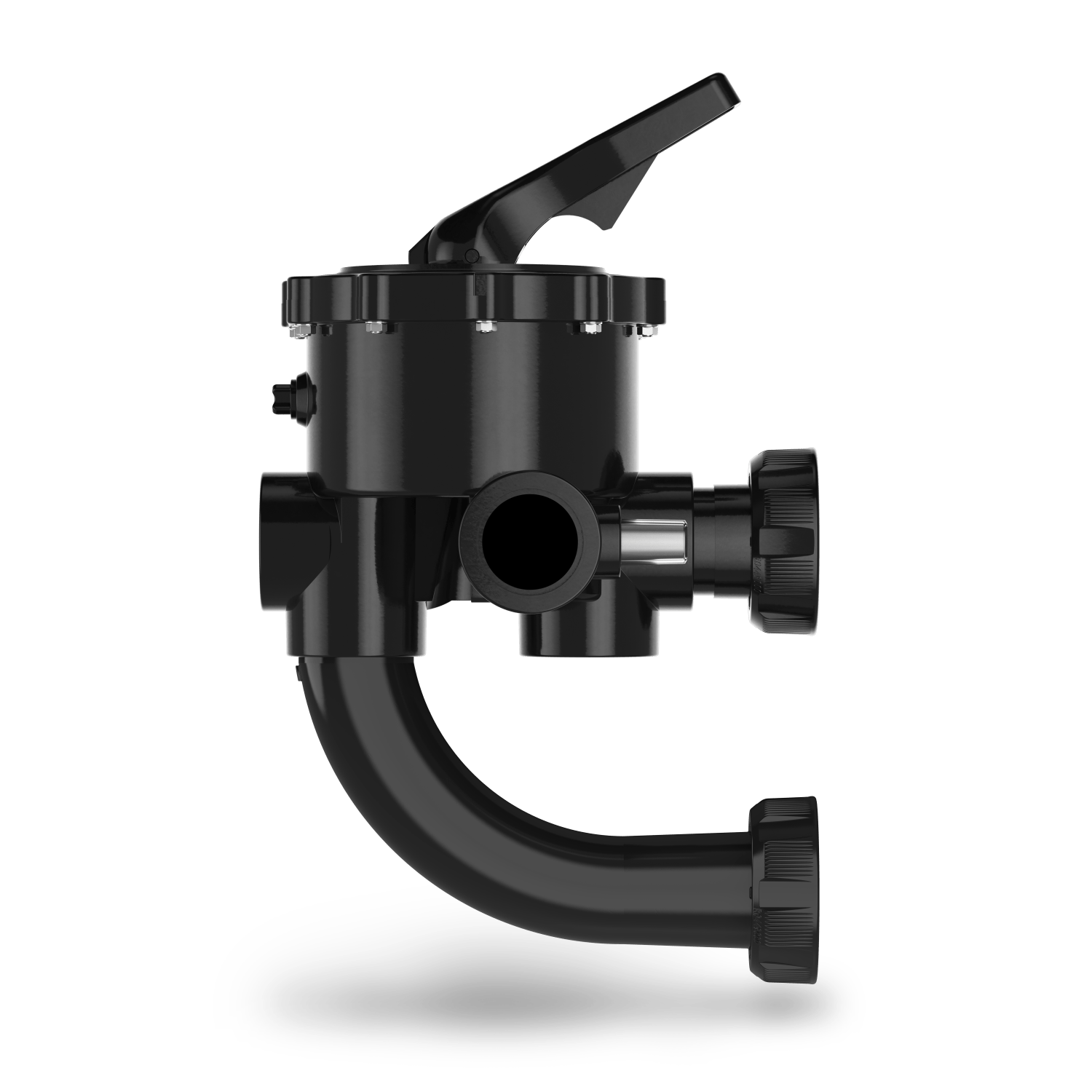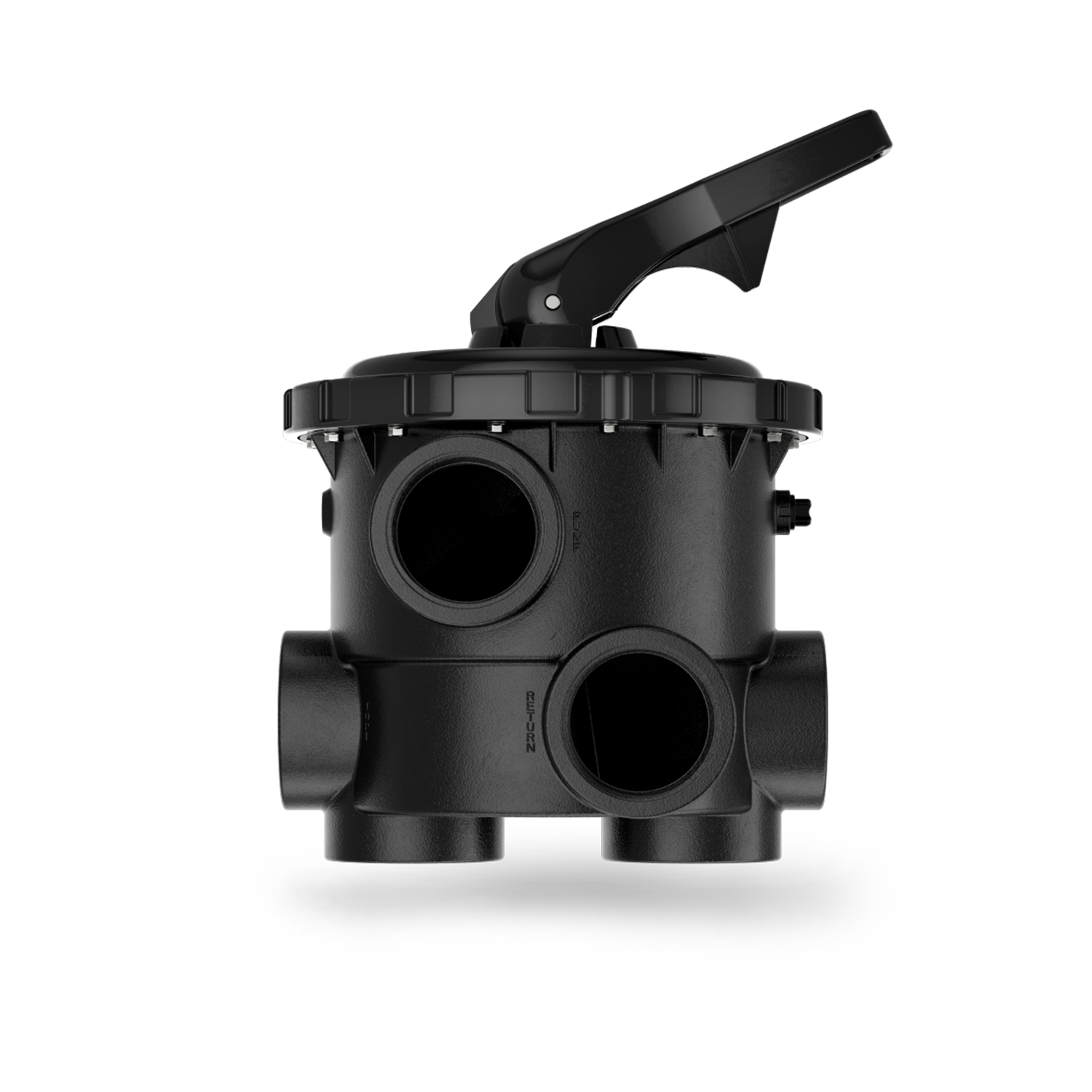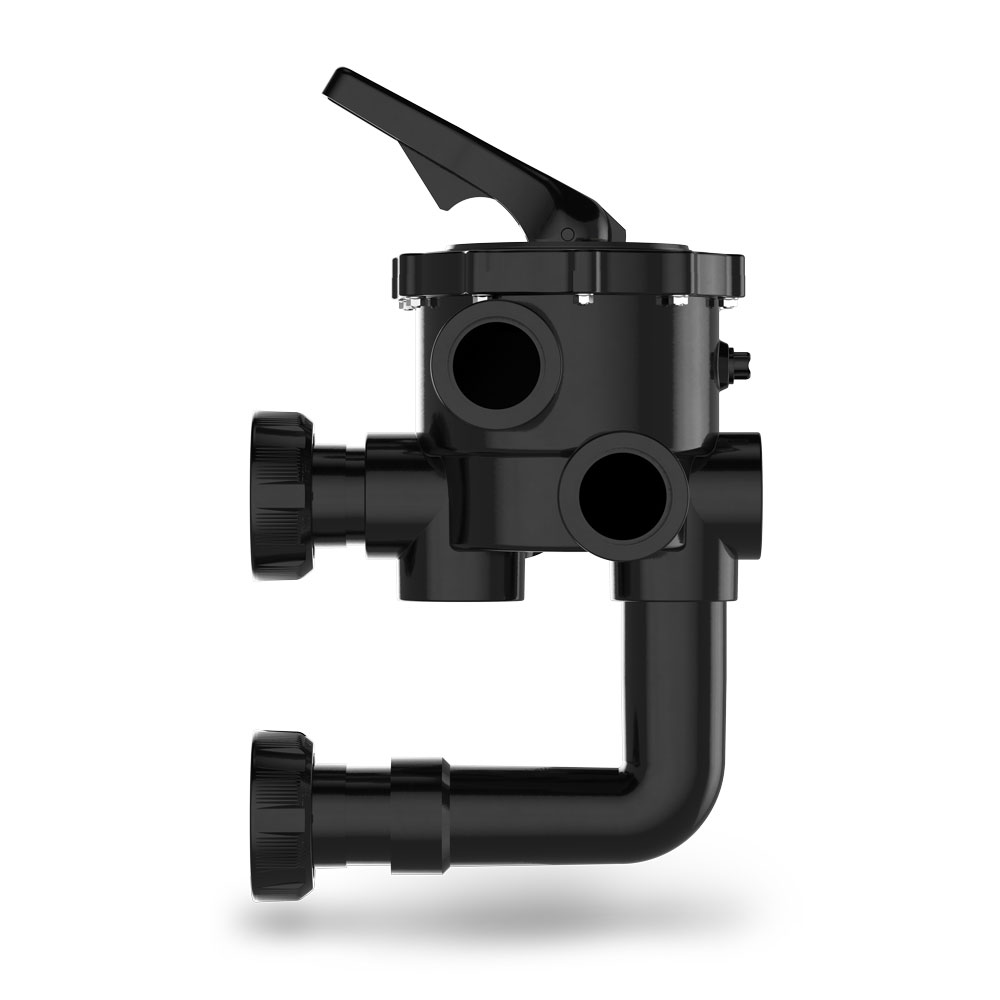what does a filter do?
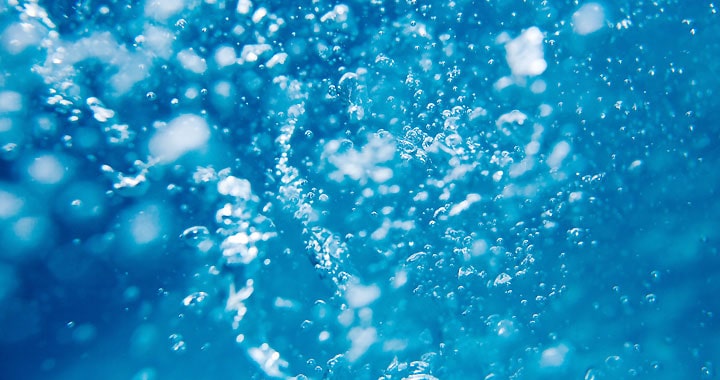
Why you need a pool filter
Your pool's filter has an important job - to keep your pool clean. Although chlorine and other sanitizers destroy bacteria, algae and other contaminants, the pool filter is what removes them from your pool water, ensuring you have clean, clear water to enjoy.
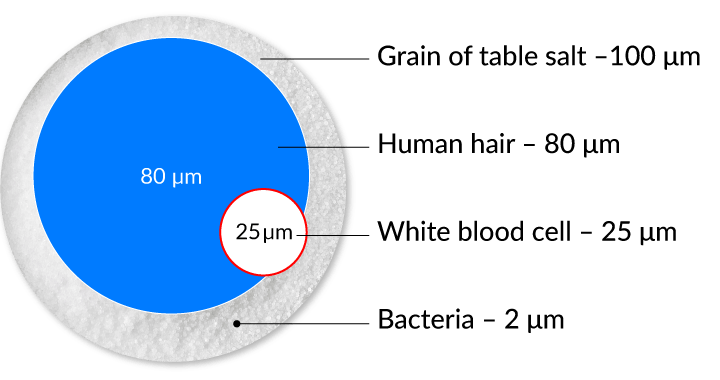
What gets filtered out
Pool filters are classified by the size of contaminants they can collect. The measurement used is known as micrometer (micron for short), which is just one millionth of a meter. Considering a single strand of human hair measures just 50 microns and bacteria can be as small as 2 microns, having a pool filter that can filter out the smallest contaminants from your pool water is essential to its clarity.
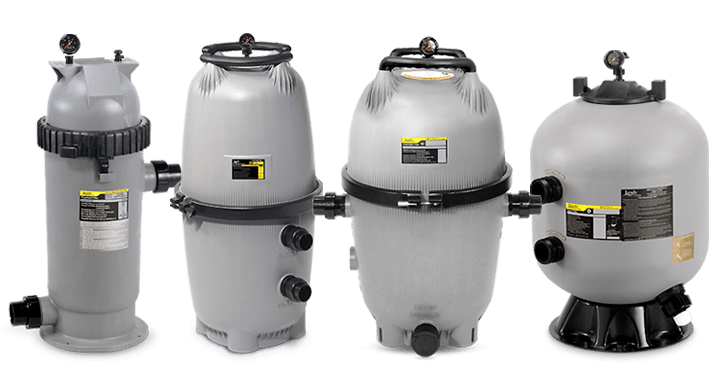
Which filter is the best for you
Pool filters are made from various materials that can filter out these micro contaminants, choosing which one is the best for your pool comes down to price, pool size, required maintenance and overall cost of clarity.
What types of pool filters are there?
The first steps in deciding what pool filter is best for your pool is knowing what types of filters there are and how they work.
Sand Pool Filter
A budget-friendly option that requires minimal maintenance, sand filters are ideal for in-ground or above-ground pools.
As pool water is pumped through the filtration system, it's pushed through a filter tank filled with sand where contaminants and debris are caught on the spiky edges of each sand particle. Standard sand used in sand pool filters are capable of filtering contaminants that measure 20 microns and larger. As water continuously flows through the filter, the contaminants trapped between the sand begin to build up — eventually restricting the flow of water, increasing internal pressure and reducing the filter's efficiency. However, with proper maintenance, a sand filter will continue to keep your pool clear and clean.
While you only need to replace the sand in your pool filter every 5 to 7 years, occasionally you will need to backwash the filter to clear out all the built-up debris. This is an easy cleaning method that simply reverses the flow of water back through the sand filter, flushing debris out to waste. Knowing when to backwash a sand filter is easy. A pressure gauge on the sand filter alerts you when internal pressure increases and it's time to backwash the filter.
Advantages: Low upfront cost, easy maintenance, sand lasts 5 to 7 years before needing to be changed, filtration efficiency can be boosted with additives or alternative media Disadvantages: 20-micron filtration is the least effective of the three types and backwashing is viewed by some as not environmentally friendly due to water waste
Cartridge Pool Filter
Cartridge filters are slightly more expensive than sand filters, and require a bit more maintenance, but can be more effective and energy efficient if you have a larger pool.
Rather than using sand as a filtering agent, cartridge filters contain a pleated polyester filter. Just as your pool water is pumped through a sand filter, water flows into the cartridge filter tank and through the pleats where debris as small as 10 microns is captured, leaving only clean water to return to your pool.
Over time, as the filter collects debris, you'll need to remove the pleated cartridge from within the tank to clean it. Unlike a sand filter that can be backwashed, to clean a cartridge pool filter you simply need to remove the cartridge and spray it down with a hose until the water runs clear. While this requires slightly more work than a sand pool filter, it wastes less water than backwashing.
Advantages: Filters contaminants as small as 10 microns, no backwashing; less water waste, performs well at low speeds, such as with variable-speed pool pumps, cartridge inserts are inexpensive to replace, mid-cost filter Disadvantages: Requires slightly more manual work than sand pool filters, cartridge needs to be replaced every 2 to 3 years, deep cleaning required 1 to 2 times per year
Diatomaceous Earth Pool Filter
Diatomaceous earth (DE) filters are capable of filtering particles as small as 2 to 3 microns, providing the cleanest, clearest water of all three types of pool filters. However, DE filters are more expensive and require the most maintenance of the three pool filter options.
First and foremost, what is diatomaceous earth? It's a white powdery substance made from the crushed fossils of aquatic organisms called diatoms, often referred to as "water polishers" because they leave pool water sparkling clean. DE pool filter tanks contain several grids coated with diatomaceous earth. The diatoms act just like a sponge — water can pass through, but microscopic impurities like dirt, algae, and some forms of bacteria can't.
Similar to sand filters, a pressure gauge on the tank lets you know when it's time to backwash. Be aware, some locations may have regulations that specify how to legally dispose of used DE. Further cleaning of the grids may be necessary each year to help your pool filter operate more efficiently and last longer. In this case, you would remove the grids from the filter tank and hose off excess dirt before soaking them in a filter cleaning solution to remove body oils, suntan lotions, organic materials and minerals. After every cleaning, you'll need to add more DE powder. Instead of adding the DE powder to the grids, you'll get better results by adding it through your pool's skimmer.
Advantages: Highest degree of water clarity, filters contaminants as small as 2 microns, DE powder can be added through the pool skimmer, no caustic chemicals are required for cleaning Disadvantages: Highest cost filter, requires more maintenance, grid needs to be replaced every 2 to 3 years, backwashing wastes water and may be restricted by location (check with your pool pro to find out), DE powder can be harmful if inhaled (Wear a mask!)

